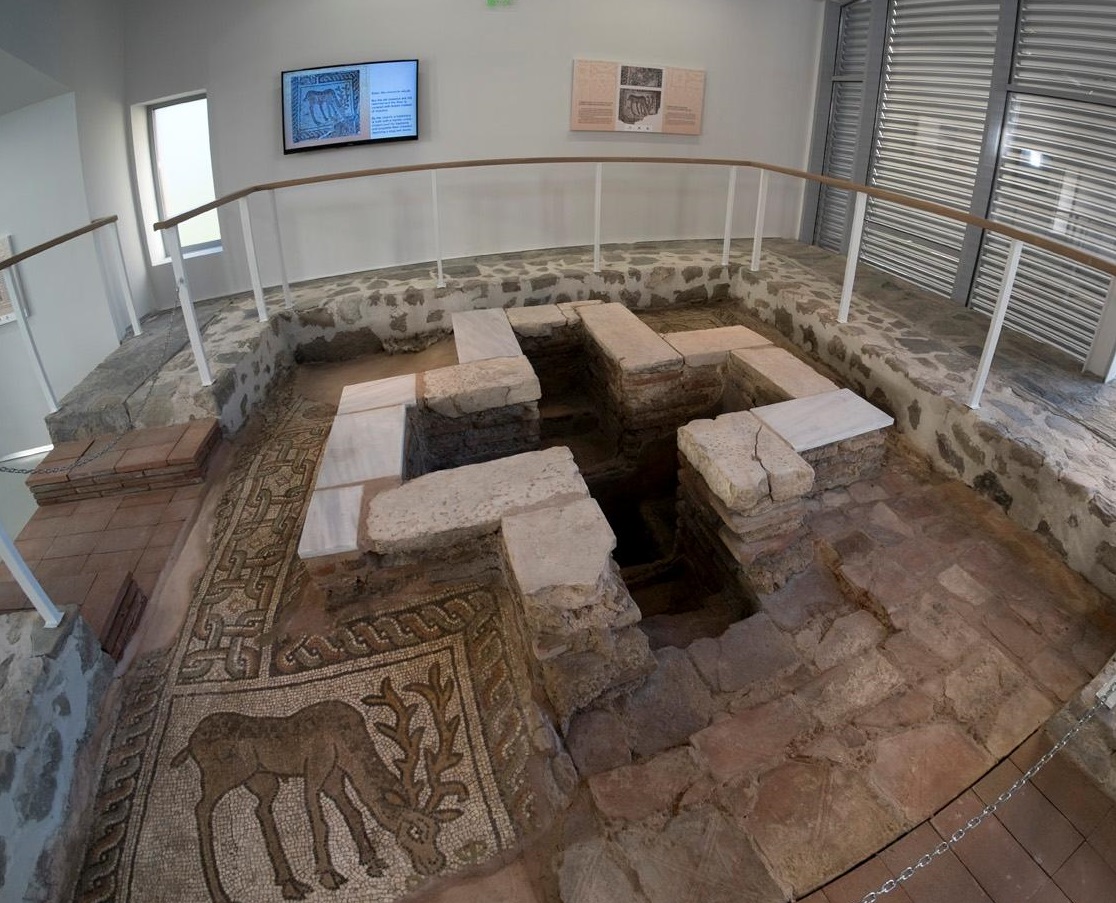EUROPEAN CAPITAL OF CULTURE
The ancient town of Philippopolis will be in the European spotlight throughout all of 2019, along with the Italian city of Matera, European Capital of Culture. Fr Dimitrov, Catholic parish priest of the Holy Ghost church, illustrates citizens’ expectations in a context marked by the presence of Christians (Orthodox and Catholics), Muslims, Jews and other minorities. The calendar of events will be officially inaugurated on January 12

After having chaired the six-month Presidency of the EU Council in the first half of 2018, Bulgaria is again in the European spotlight with Plovdiv, proclaimed European Capital of Culture 2019 together with the Italian city of Matera. “Plovdiv has always been the cultural capital of Bulgaria but now we can also perceive a European flair”, Fr Dimitar Dimitrov, parish priest of the Catholic church of the Holy Ghost in Plovdiv, told SIR. 
Roman remains and religious presence.” Speaking as a person born in this city, and as a priest, I notice the great enthusiasm of all citizens in wanting to show to all of Europe the cultural richness of our land, closely linked to the Christian history of Plovdiv”, said Fr Dimitrov. In aherence to the ongoing cultural initiatives, the parish church, located near the large stage that will host the opening ceremony of Year on January 12, has created a special Nativity scene. “It depicts the Roman remains situated near the tunnel of the city, with a Latin inscription : Philippopolis – European Capital of Culture.” Philippopolis is the ancient name of the city that features a rich archaeological heritage dating back to ancient Romans times, as well as numerous occasions for cultural encounters and a wealth of religious sites.
The Christian roots of the city. “Christ was also born in Plovdiv – the parish priest underlined -, a city that was incorporated into the Roman Empire, whose Christian ruins can be seen adjacent to St. Louis Cathedral, the seat of the diocese of Sofia-Plovdiv”. “The remains of a Christian Basilica that dates back to the eighth century are located opposite the church – he said -, while beautifully preserved mosaics can be seen in another large Episcopal Basilica.” These artefacts “clearly highlight the Christian roots of the European culture of Plovdiv.”

The motto “Together.” Fr Dimitar conveyed his enthusiasm: “culture is always closely bound to the spiritual realm, to values, to religion.” He added: “It is no coincidence that the motto chosen for the event is ‘Together.’ In fact interreligious dialogue, peaceful coexistence, and the spirit of tolerance have been part and parcel of the history of the second-largest Bulgarian city throughout the centuries”, the priest said. “In Plovdiv, on a population of approximately 700 thousand inhabitants, in addition to the Orthodox Christian majority, there is also a large Muslim community, with a Mosque located in the city centre, a substantial Catholic community, as well as an Armenian community, Jews and Roma people.” In his opinion the various religious communities and minority groups present in Plovdiv “have always occasioned encounter and mutual enrichment, and were never a source of conflict or division.”
Dialogue and sharing. The priorities of the Cultural Year include the integration of the different ethnic and minority groups. “This is true also with regard to culture, which in essence represents dialogue, sharing, and humankind’s noblest aspirations.” Thus Fr Dimitrov wishes all visitors of the first European Capital of Culture in Bulgaria “to rediscover its rich cultural heritage, source of social and political development, as well as to experience the extent to which culture and interreligious dialogue contribute to Europe’s progress.”